Feeding strategies for goats and sheep
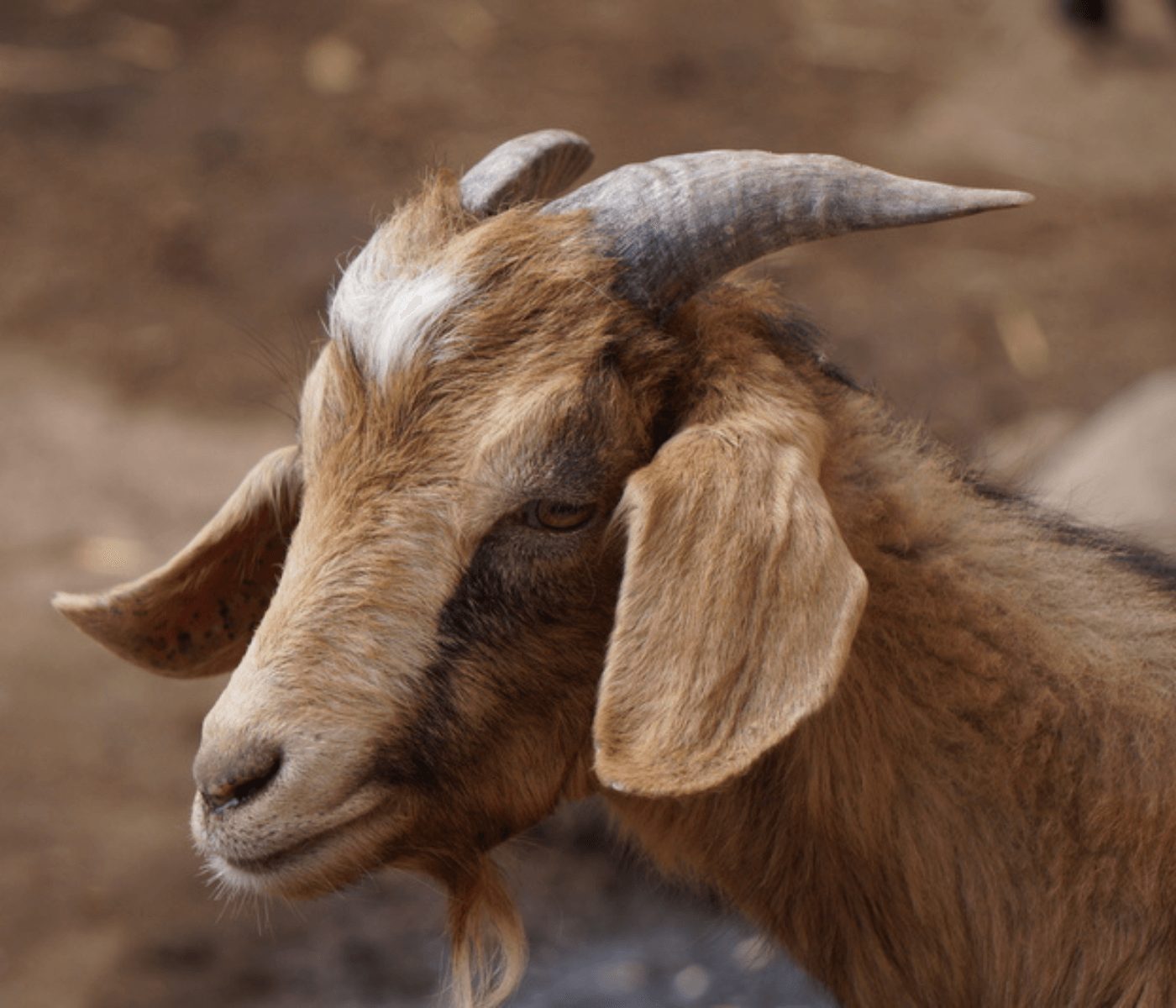 23 Apr 2025
23 Apr 2025
Feeding strategies for goats and sheep
Small ruminants, such as goats and sheep, are valuable assets for livestock producers, providing milk, meat, wool, and fiber. To ensure their health and productivity, it’s essential to provide a balanced diet that meets their nutritional needs at different stages of life.
Basic Nutritional Requirements:
Small ruminants, like all livestock, require a balance of energy, protein, fiber, vitamins, and minerals in their diets. These components help them maintain body condition, grow effectively, and reproduce successfully. A well-balanced diet is also critical for their immune function, keeping them resilient against disease.
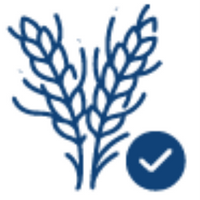 like hay, grass, and silage. While grasses provide energy, it’s important to balance energy intake with fiber to avoid digestive problems like acidosis.
like hay, grass, and silage. While grasses provide energy, it’s important to balance energy intake with fiber to avoid digestive problems like acidosis.
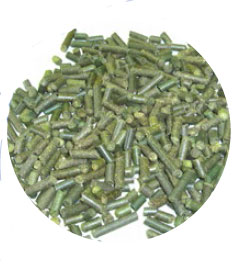 Protein is vital for growth and milk production. Legumes like alfalfa are excellent protein sources. If grazing is limited, supplemental feeds such as oilseeds, grains, or protein-rich concentrates may be necessary.
Protein is vital for growth and milk production. Legumes like alfalfa are excellent protein sources. If grazing is limited, supplemental feeds such as oilseeds, grains, or protein-rich concentrates may be necessary.
Feeding Considerations for Different Stages of Life:

Minerals and Vitamins:
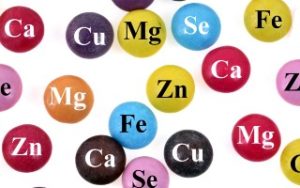 Trace minerals such as copper, zinc, iodine, and selenium play a vital role in growth, immune function, and reproduction in small ruminants. Deficiencies can lead to growth stunting, poor fertility, or immune system failures. Vitamin A and D are essential for bone health, while Vitamin E supports muscle function.
Trace minerals such as copper, zinc, iodine, and selenium play a vital role in growth, immune function, and reproduction in small ruminants. Deficiencies can lead to growth stunting, poor fertility, or immune system failures. Vitamin A and D are essential for bone health, while Vitamin E supports muscle function.
Special Considerations:
 affects their feed intake and overall health. Cooling systems, access to shade, and maintaining a high-water intake are essential during these times.
affects their feed intake and overall health. Cooling systems, access to shade, and maintaining a high-water intake are essential during these times.
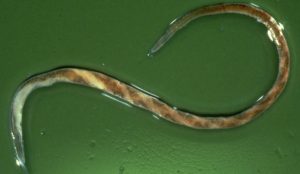
Takeaway: The nutritional needs of small ruminants are complex and vary with age, stage of reproduction, and environmental conditions. A well-rounded, fiber-rich diet supplemented with appropriate proteins, minerals, and vitamins is essential for ensuring their health, productivity, and longevity on the farm.
Subscribe now to the technical magazine of animal nutrition
AUTHORS

Hybrid Rye Potential in Laying Hen Feed Rations
Gwendolyn Jones
A day in the life of phosphorus in pigs: Part I
Rafael Duran Giménez-Rico
Use of enzymes in diets for ruminants
Braulio de la Calle Campos
Minerals and Hoof Health in the Pregnant Sow
Juan Gabriel Espino
Impact of Oxidized Fats on Swine Reproduction and Offspring
Maria Alejandra Perez Alvarado